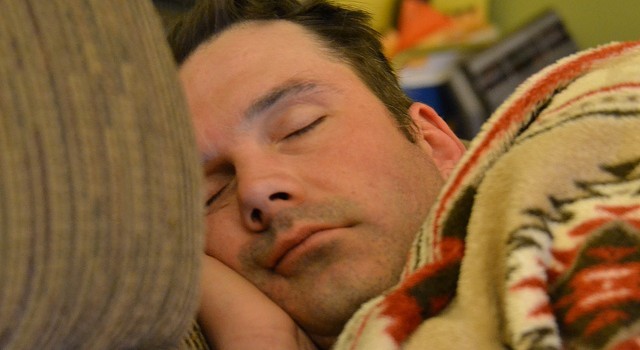Are you a person that is so busy that you lack sleep? A recent study shows that losing even as little as 30 minutes of sleep per day affect our body's weight and increases one's risk of diabetes. Even as busy as we are we should take time to rest and let our bodies rest to. It i like using a car for a very long road trip with out rest, what would happend? I think you know the answer. Lets read below more about this topic.
Losing as little as 30 minutes of sleep per day on weekdays can have long-term consequences for body weight and metabolism, a new study finds. The results will be presented Thursday, March 5, at ENDO 2015, the annual meeting of the Endocrine Society in San Diego.
“While previous studies have shown that short sleep duration is associated with obesity and diabetes, we found that as little as 30 minutes a day sleep debt can have significant effects on obesity and insulin resistance at follow up,” said lead study author Professor Shahrad Taheri, MBBS, PhD, professor of medicine at Weill Cornell Medical College in Qatar, in Doha. “This reinforces earlier observations that sleep loss is additive and can have metabolic consequences.”
“Sleep loss is widespread in modern society, but only in the last decade have we realized its metabolic consequences,” Taheri said. “Our findings suggest that avoiding sleep debt could have positive benefits for waistlines and metabolism and that incorporating sleep into lifestyle interventions for weight loss and diabetes might improve their success.”
Professor Taheri and his colleagues recruited 522 patients with newly diagnosed type 2 diabetes mellitus in the Early Activity in Diabetes trial and randomized them into one of three groups: usual care, physical activity intervention, or diet and physical activity intervention.
The authors advise that future interventions designed to slow progression or reverse metabolic disease should consider all factors – including sleep – that affect metabolic function. Looking toward future research, they recommend that consistent optimum sleep hygiene and education may be a key component of successful future trials in metabolic disease control.
Diabetes UK and UK National Institute of Health research funded this study.






Leave a Reply